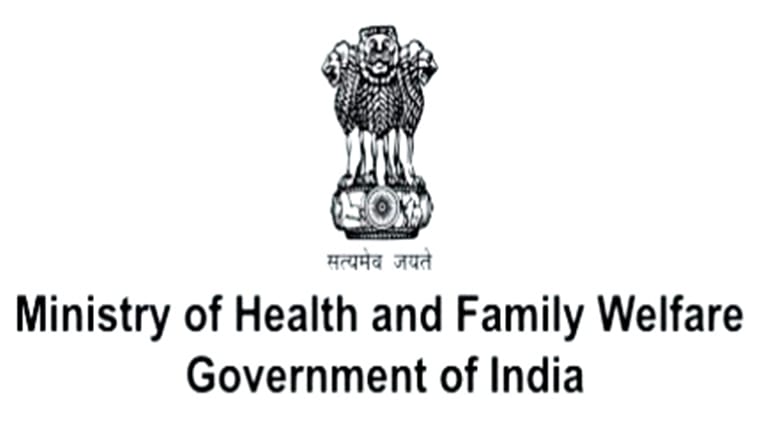Government to roll out Integrated Initiative for Prevention & Control of Viral Hepatitis
The Union Ministry of Health and Family Welfare has decided to roll out ‘Integrated initiative for prevention & control of viral hepatitis’ under National Health Mission (NHM) for prevention and control of viral hepatitis. The initiative will have budgetary support of more than Rs. 517 crore for three years. India is committed to eliminating the viral hepatitis by 2030.
Key Facts
Under this initiative, the ministry will scale up to 100 treatment and 665 testing centres over period of next three years in all states. It will address components such as surveillance, awareness generation, immunisation, safe blood, injection safety infection control, diagnosis of viral hepatitis, capacity building, research and monitoring. It is also proposed to establish 15 model treatment centres, which will function as referral centres for diagnosis and treatment of hepatitis C and assist in capacity building.
Viral hepatitis
Hepatitis means inflammation of the liver. Liver is vital organ that processes nutrients, filters blood, and fights infections. When the liver is inflamed due to viral hepatitis or damaged, its functions are affected. Hepatitis is most often caused by a virus and most common types of viral hepatitis are Hepatitis A, Hepatitis B, and Hepatitis C. Viral hepatitis is recognised as public health problem worldwide. India is committed to ending it by 2030.
Heavy alcohol use, toxins, some medications, and certain medical conditions also can cause hepatitis. It can also spread through use of injectable drugs, unsafe health care, unsafe injection practises and transfusion of unscreened blood and blood products. Symptoms of hepatitis can include fever, fatigue, vomiting, loss of appetite, nausea, abdominal pain, dark urine, grey-colored stools, joint pain, and jaundice. Treatment of Hepatitis depends on the diagnosis.
Month: Current Affairs - April, 2018


